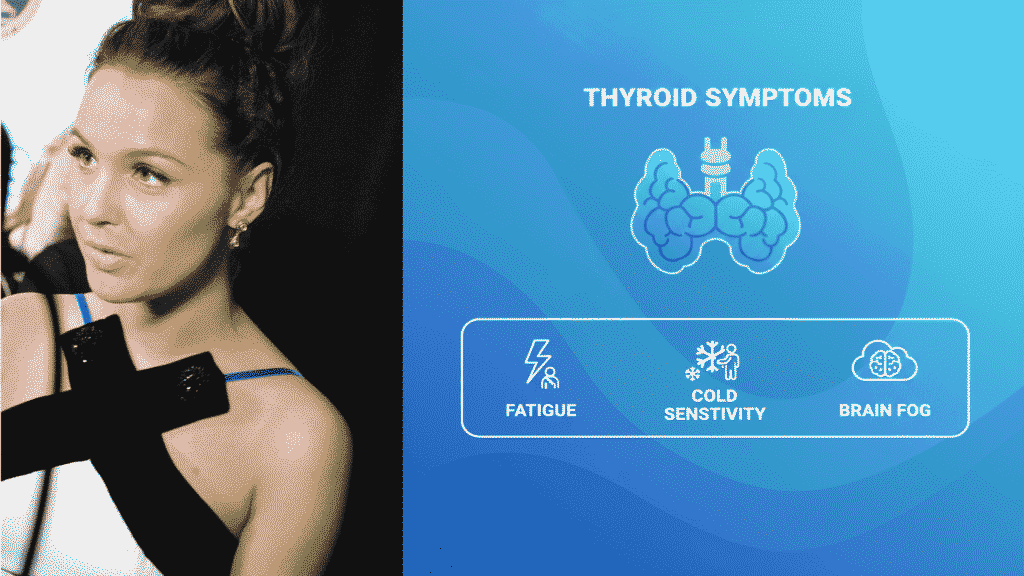In a groundbreaking development for rare genetic disorders, the U.S. Food and Drug Administration (FDA) has granted accelerated approval to Forzinity (elamipretide), the first-ever therapy approved to treat Barth syndrome—a progressive and ultra-rare mitochondrial disease primarily affecting young males. The approval marks a significant milestone for the rare disease community and offers new hope to patients and families affected by this debilitating condition.
What is Barth Syndrome?
Barth syndrome is an extremely rare, inherited mitochondrial disorder caused by mutations in the TAFAZZIN (TAZ) gene. The disorder disrupts the function of mitochondria—the energy powerhouses within cells—leading to abnormalities in cardiolipin, a vital mitochondrial lipid essential for healthy energy production, particularly in heart and skeletal muscle cells.
Patients with Barth syndrome typically experience severe muscle weakness, cardiomyopathy (weakening of the heart muscle), neutropenia (low white blood cell counts), growth delays, and fatigue. The condition often manifests early in life and can lead to premature heart failure and shortened lifespan. Worldwide, fewer than 300 individuals are diagnosed with Barth syndrome, making it an ultra-rare genetic disorder.
The Journey to FDA Approval
The road to approval was paved through a collaboration between Johns Hopkins Medicine researchers and Stealth BioTherapeutics, supported by significant funding from the National Institutes of Health (NIH).
Initial research at Johns Hopkins demonstrated that elamipretide could improve mitochondrial function by targeting abnormal cardiolipin in Barth syndrome cell models, enhancing cellular energy production. These foundational studies were published in the journal- Genetics in medicine in 2020 and led to a clinical trial designed to evaluate safety and efficacy in patients.
The pivotal clinical trial, known as TAZPOWER, was a randomized, double-blind, placebo-controlled study that began in 2017 and was followed by an extension period ending in 2021, wherein eight out of ten participants completed long-term assessments. This was followed by a clinical trail called TAZPOWER OLE the results of which were published in 2024, further supporting the therapy’s effectiveness and underpinning the FDA’s accelerated approval.
Clinical Outcomes and Benefits
The trial results showed significant improvements in key patient outcomes, including:
- Increased physical endurance: Participants improved their walking distance by an average of 96.1 meters in a six-minute walk test compared to baseline.
- Enhanced cardiac function: Improvement in cardiac stroke volume, an important measure of heart pumping efficiency.
- Improved mitochondrial health: Participants exhibited healthier levels of cardiolipin, correlating with better mitochondrial function.
- Reduction in fatigue: Patients reported feeling less tired, enabling better daily functioning.
An FDA advisory committee affirmed the therapy’s clinical benefits in October 2024, leading to the agency’s accelerated approval on September 19, 2025.
Patient Perspective: A Life Transformed
Walker Burger, a 35-year-old with Barth syndrome and a participant in the trial, shared how elamipretide has transformed his life. Before treatment, simple activities like walking the quarter-mile to a baseball stadium or exercising were taxing and required breaks. Now, Burger reports he can walk long distances and exercise without stopping, a freedom that has dramatically improved his quality of life.
Broader Impact and Future Prospects
The FDA’s approval of Forzinity represents more than a breakthrough for Barth syndrome patients—it paves the way for the development of targeted mitochondrial therapies for other rare conditions affecting about 1 in 5,000 people worldwide.
Hilary Vernon, Professor of Genetic Medicine and Pediatrics at Johns Hopkins, emphasized the importance of this milestone: “This FDA approval demonstrates that no matter how rare a disease is, there is hope that with research, funding, and advocacy, we can develop a successful therapy that can improve and save lives,”
Johns Hopkins continues to conduct research on Barth syndrome, including prenatal effects and potential new treatments, while Stealth BioTherapeutics plans to explore elamipretide’s application in additional mitochondrial and heart diseases.
The FDA’s Accelerated Approval Pathway
The accelerated approval granted by the FDA allows patients earlier access to potentially life-saving therapies for serious conditions like Barth syndrome where no adequate treatment exists. This regulatory pathway also requires continued post-approval studies to confirm long-term clinical benefits.
This historic FDA approval brings new hope to ultra-rare disease patients and exemplifies the power of collaboration between academia, industry, and regulatory bodies to translate innovative science into transformative therapies.




















